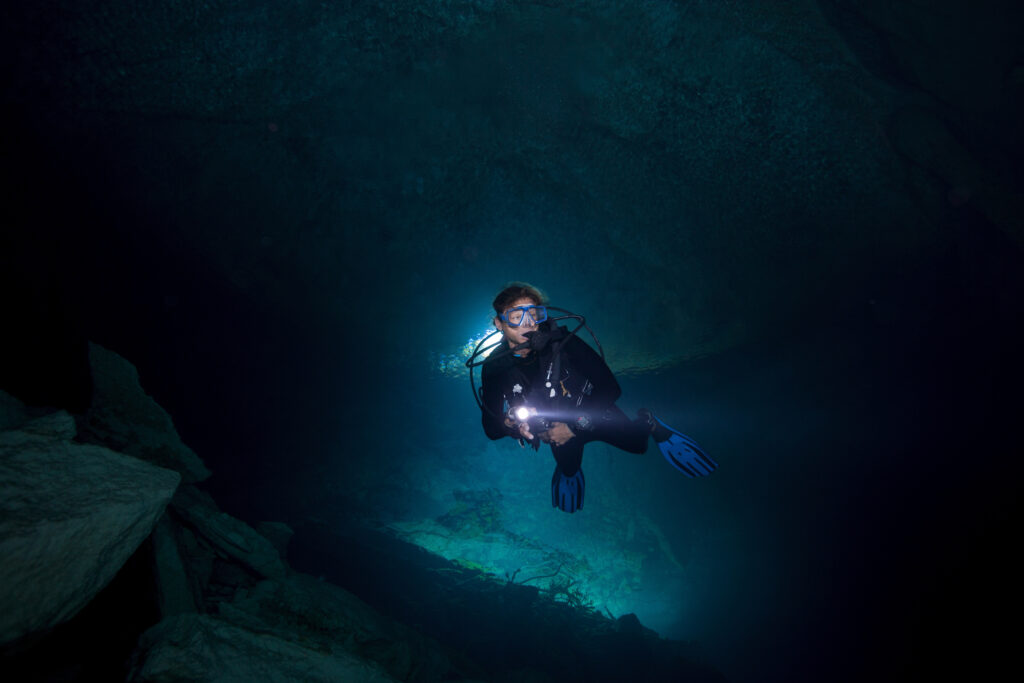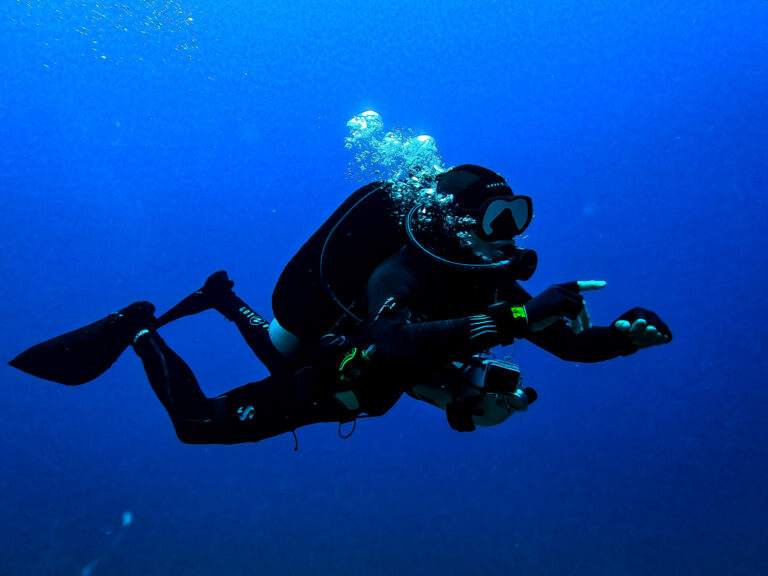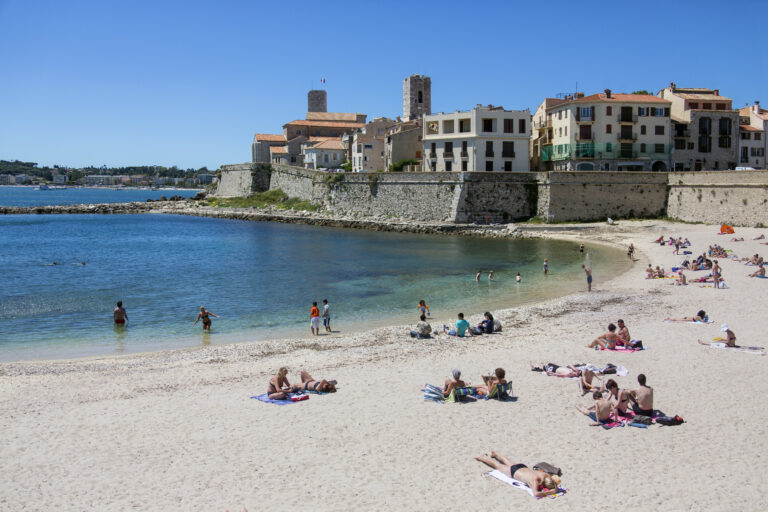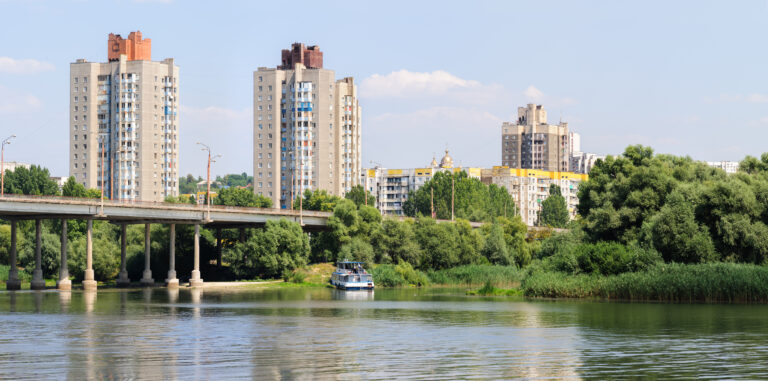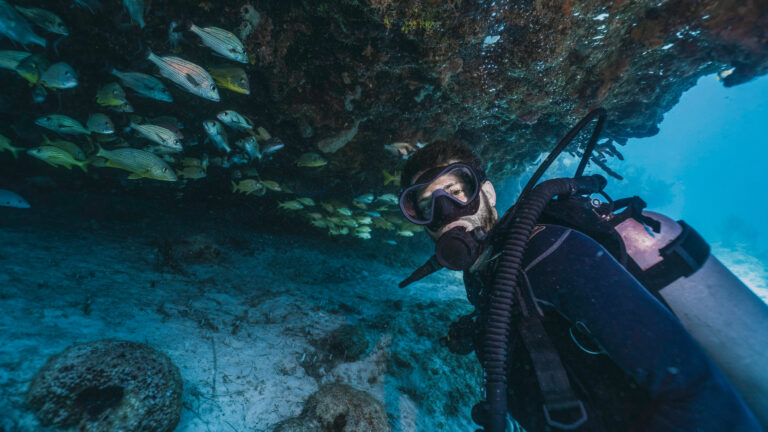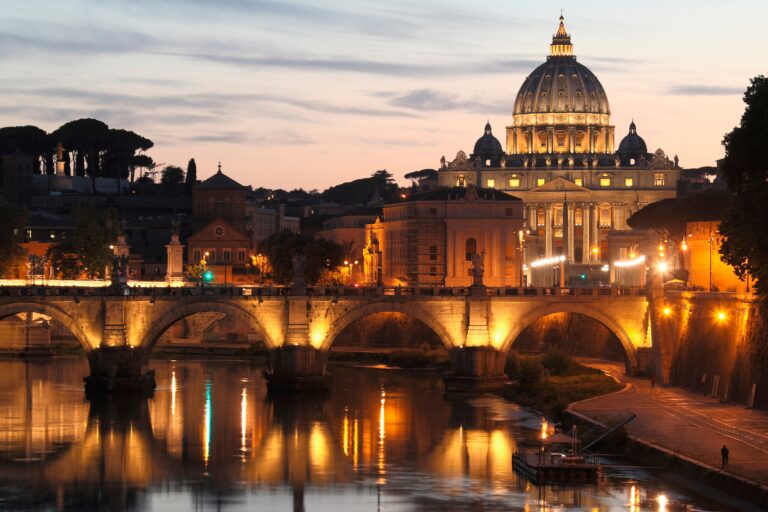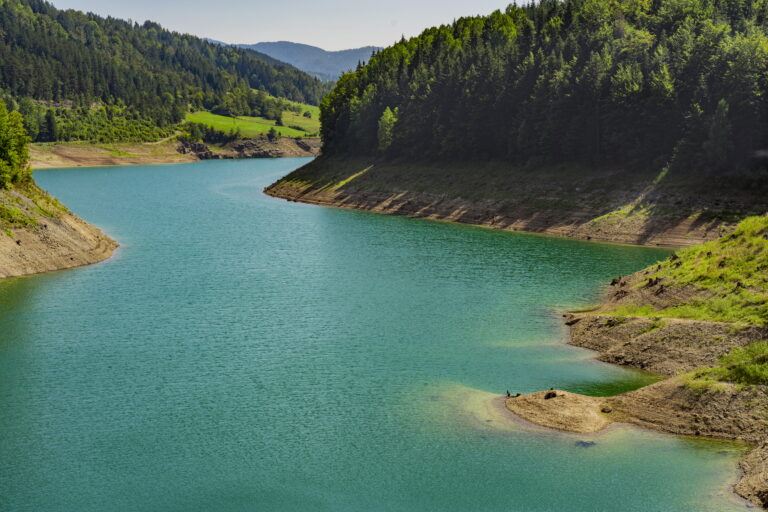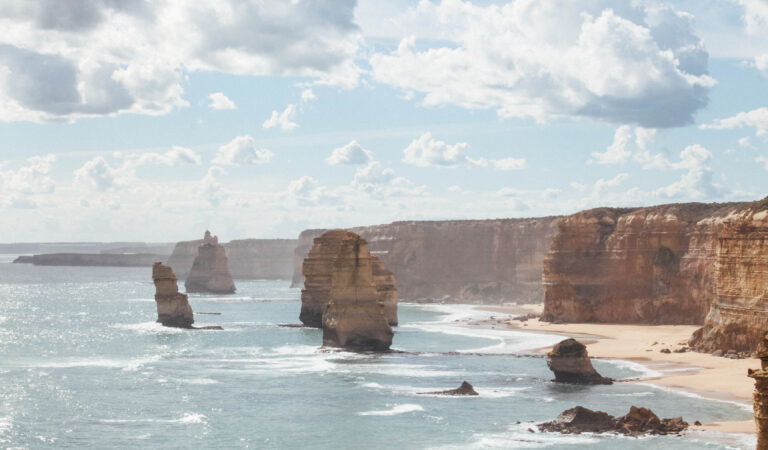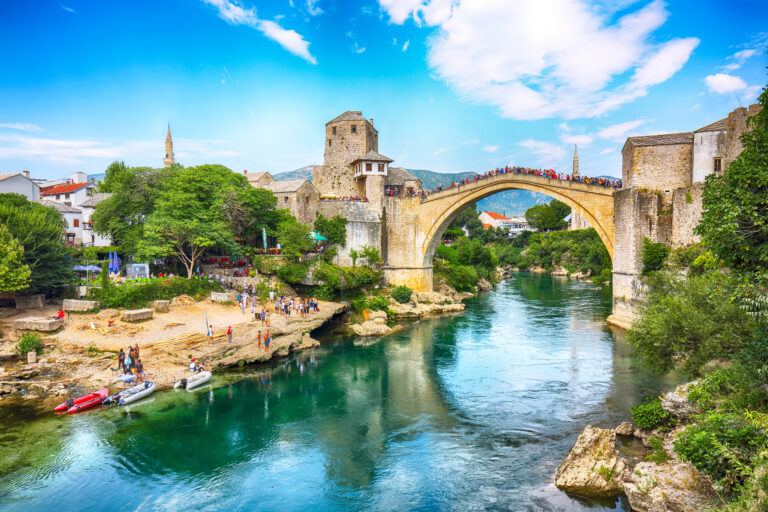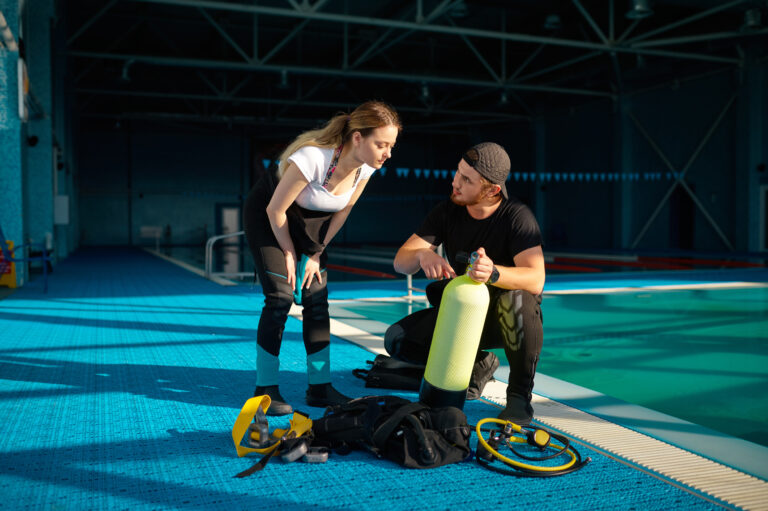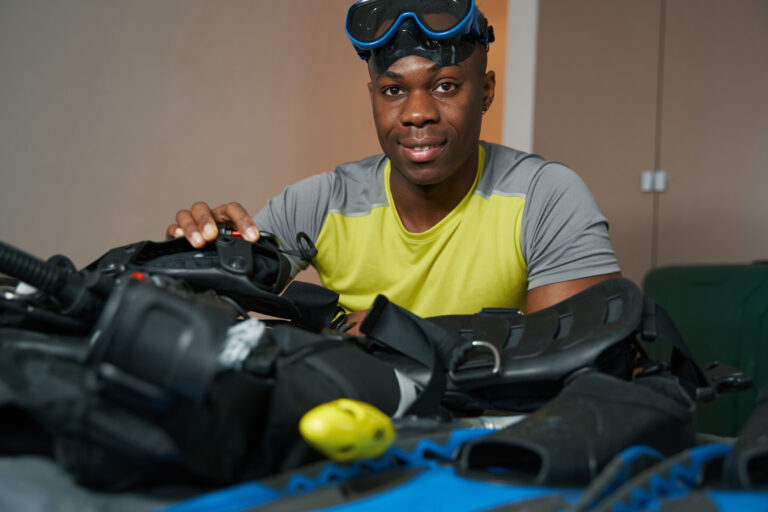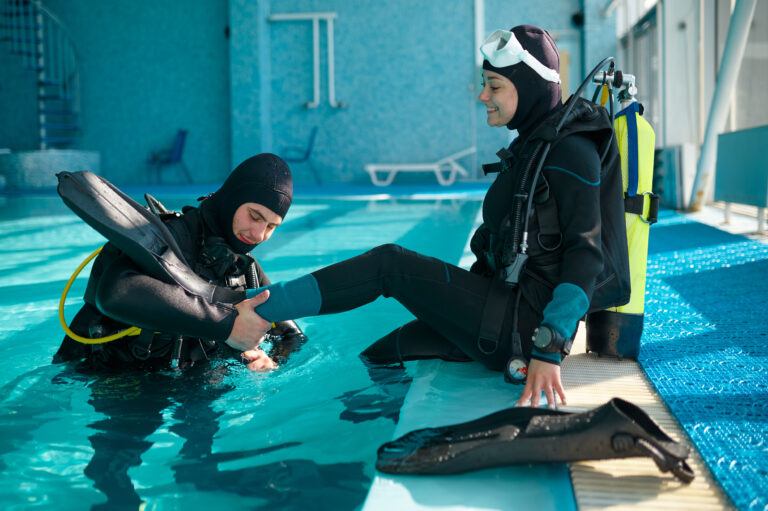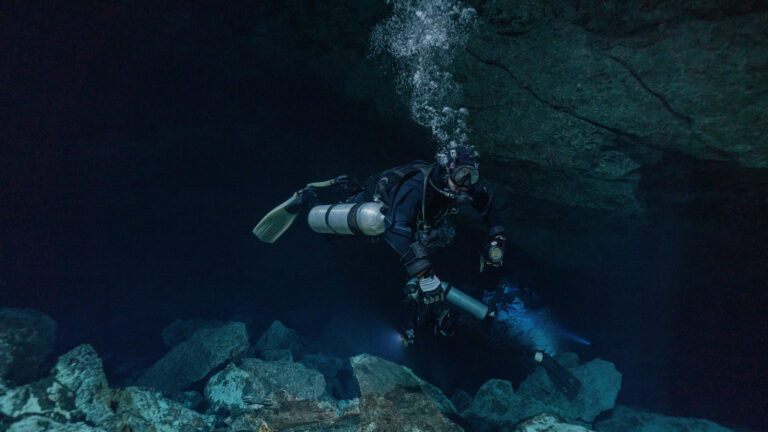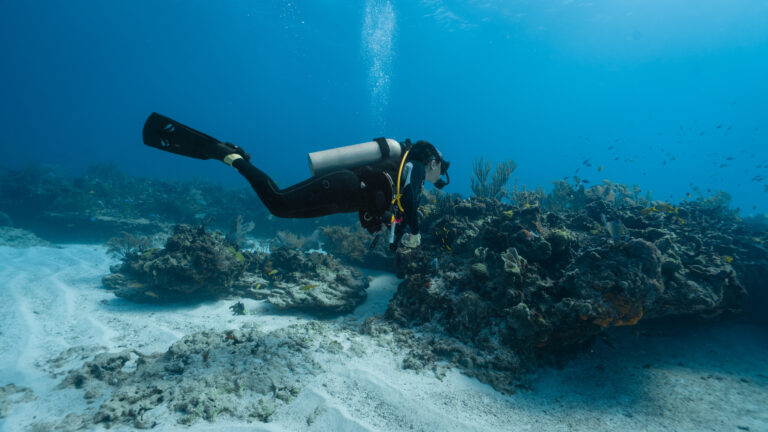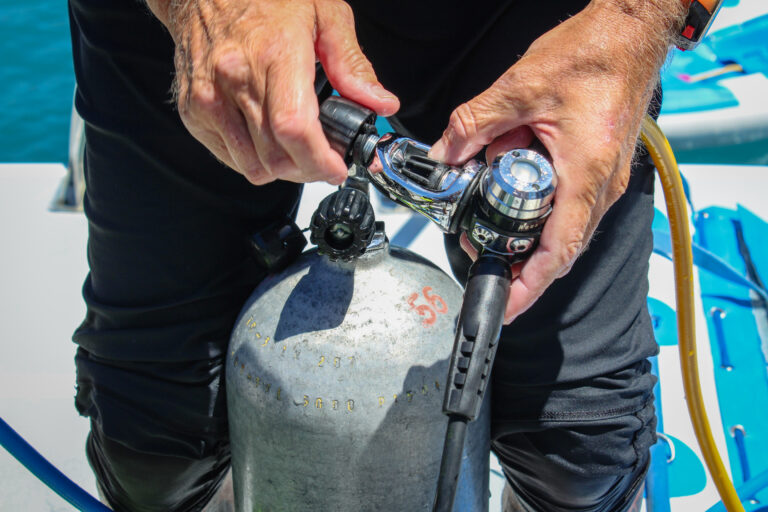Scuba Divers’ Travel Guide to Christmas Island
Christmas Island, an Australian territory in the Indian Ocean, is a diver’s paradise known for its spectacular underwater scenery. The island’s fringing coral reefs and dramatic drop-offs provide a diverse range of diving experiences. The clear, warm waters are teeming with marine life, including tropical fish, reef sharks, and the famous annual red crab migration. Christmas Island’s remote location and pristine marine environment make it an ideal destination for scuba travelers seeking unique and unspoiled dive sites. The island’s natural beauty and vibrant underwater world offer an unforgettable diving experience.
Location and Geography
Nestled in the vast expanse of the Indian Ocean, Christmas Island is an Australian external territory that lies approximately 2,600 kilometers northwest of Perth and 500 kilometers south of Jakarta, Indonesia. This remote and picturesque island boasts a dramatic landscape, with steep cliffs and lush tropical rainforests giving way to serene beaches and a fringing coral reef. The island’s unique position at the edge of the Java Trench, the Indian Ocean’s deepest point, creates an extraordinary underwater environment for scuba divers. The geographic isolation of Christmas Island has fostered the development of a rich and diverse marine life, with its waters home to an impressive array of tropical fish, corals, and other marine creatures. The island’s underwater topography is characterized by steep drop-offs, caves, and swim-throughs, providing an exhilarating experience for divers of all levels. With its intriguing mix of Asian and Australian influences, Christmas Island is a hidden gem that offers a truly unique scuba diving adventure far from the beaten path.
Visa and Entry Requirements
Before embarking on your underwater adventure to Christmas Island, it is crucial to understand the visa and entry requirements. As an Australian external territory, Christmas Island follows Australian immigration policies. Travelers from most countries will need to obtain a visa or an Electronic Travel Authority (ETA) before arrival. You can apply for various types of visas, including tourist visas, which typically allow a stay of up to three months. Ensure your passport is valid for at least six months beyond your intended stay. Upon arrival, you’ll also need to complete an Incoming Passenger Card, which includes a declaration of health and character requirements. It’s important to check the latest information from the Australian Department of Home Affairs or the Christmas Island Immigration Office, as regulations can change. Additionally, ensure you have a return ticket and proof of sufficient funds for your stay, as these may be checked by immigration officials.
Getting to Christmas Island
Getting to Christmas Island, an Australian territory in the Indian Ocean, is an adventure in itself, offering a remote escape for avid scuba divers seeking pristine underwater experiences. The most common way to reach this ecological haven is by air, with flights operated by Virgin Australia from Perth International Airport, typically once or twice a week. These flights take approximately four hours, transporting you to an island that sits closer to the coast of Java than the Australian mainland. For those embarking from Indonesia, there are occasional charter flights from Jakarta and Surabaya to Christmas Island, though these are less frequent and require careful planning. Upon arrival at Christmas Island Airport, you’ll find yourself just a short drive from the island’s small settlements and the numerous dive sites that fringe its shores. It’s important to book your travel well in advance, especially during peak diving seasons, to secure your spot on this isolated and enchanting island that promises exceptional underwater adventures.
Best Time to Dive
Getting to Christmas Island, an Australian territory in the Indian Ocean, is an adventure in itself, offering a remote escape for avid scuba divers seeking pristine underwater experiences. The most common way to reach this ecological haven is by air, with flights operated by Virgin Australia from Perth International Airport, typically once or twice a week. These flights take approximately four hours, transporting you to an island that sits closer to the coast of Java than the Australian mainland. For those embarking from Indonesia, there are occasional charter flights from Jakarta and Surabaya to Christmas Island, though these are less frequent and require careful planning. Upon arrival at Christmas Island Airport, you’ll find yourself just a short drive from the island’s small settlements and the numerous dive sites that fringe its shores. It’s important to book your travel well in advance, especially during peak diving seasons, to secure your spot on this isolated and enchanting island that promises exceptional underwater adventures.
Accommodation Options
Accommodation options on Christmas Island cater to a range of preferences, ensuring that divers and travelers can find the perfect base from which to explore the island’s underwater marvels. Visitors can choose from eco-friendly lodges nestled in lush tropical settings, offering a serene retreat after a day of diving. For those seeking more traditional comforts, there are several well-appointed hotels and resorts with amenities such as swimming pools, on-site dining, and dive gear rental services. Budget-conscious travelers can opt for guesthouses or self-catering apartments that provide a homey atmosphere and the flexibility to prepare their own meals. Regardless of where you stay, you’re never too far from the island’s dive shops and the spectacular dive sites that fringe the coast, making it convenient to plan multiple dives during your stay. With the island’s limited number of accommodations, it’s advisable to book well in advance, especially during peak diving seasons, to secure your preferred lodging and ensure a hassle-free diving holiday on this remote and enchanting Australian territory.
Dive Operators and Dive Shops
Christmas Island, an Australian territory in the Indian Ocean, is a scuba diver’s paradise, renowned for its crystal-clear waters and vibrant marine life. When planning your underwater adventure, you’ll find a selection of reputable dive operators and shops ready to cater to your needs, whether you’re a novice or an experienced diver. These local businesses are well-versed in the island’s unique dive sites, including the famous Flying Fish Cove and the ethereal caves of Thundercliff. They offer a range of services from equipment rental to guided dive tours, ensuring safety and providing insightful knowledge about the island’s underwater ecosystems. Dive shops on Christmas Island are known for their personalized service, often led by passionate and conservation-minded professionals who are eager to share the wonders of their aquatic backyard. With their help, you’ll have the opportunity to encounter the island’s diverse inhabitants, such as whale sharks, manta rays, and a kaleidoscope of tropical fish, making your diving experience truly unforgettable.
Transportation within Christmas Island
Transportation on Christmas Island, a remote Australian territory in the Indian Ocean, is straightforward yet limited due to the island’s small size and low population. Visitors typically arrive at Christmas Island Airport, where they can rent a car from one of the few available rental agencies—a popular option for divers seeking the flexibility to explore the island’s numerous dive sites at their own pace. There is no formal public transportation system on the island, but taxi services can be arranged through accommodation providers or by calling drivers directly. For those looking to reach more remote dive spots or partake in shore dives, 4WD vehicles are recommended to navigate the rugged terrain. Additionally, dive operators often provide transport to and from dive sites as part of their packages, ensuring that divers can access the island’s underwater treasures, such as the renowned Flying Fish Cove and the pristine reefs, without the need for personal transportation.
Currency and Payment Methods
When traveling to Christmas Island for a scuba diving adventure, it’s important to be prepared with the appropriate currency and payment methods. The official currency is the Australian Dollar (AUD), which is widely accepted across the island. Credit cards, particularly Visa and MasterCard, are accepted at most dive shops, accommodations, and restaurants, but it’s advisable to carry some cash for smaller purchases, tips, or in areas where electronic payments might not be available. ATMs are located in Settlement, Poon Saan, and Drumsite, but can be scarce elsewhere, so it’s wise to withdraw enough cash before venturing to more remote diving spots. Keep in mind that banking services on the island may be limited, and it’s a good idea to notify your bank of your travel plans to avoid any issues with your cards while abroad. Always have a backup payment method and a small emergency cash reserve, just in case.
Language and Communication
Language and communication are key considerations when planning a scuba diving trip to Christmas Island, a remote Australian territory in the Indian Ocean. English is the official language and is widely spoken by the local population, which facilitates interactions and ensures that dive briefings, safety instructions, and equipment discussions are easily understood by English-speaking visitors. However, Christmas Island is also home to a diverse community that includes Chinese and Malay ethnic groups, so you may hear Mandarin and Malay languages, especially in community spaces and during cultural events. Dive operators and tourism services are typically well-versed in accommodating international visitors, and some may offer services in additional languages to cater to a global clientele. It’s always appreciated when divers learn a few basic phrases in the local languages as a sign of respect and cultural appreciation, but rest assured, communication on the island, especially regarding diving activities, is generally straightforward and accessible for English speakers.
Local Culture and Attractions
Nestled in the Indian Ocean, Christmas Island is not only a scuba diver’s paradise with its crystal-clear waters and vibrant marine life but also a melting pot of cultures and natural wonders that beckon exploration. The island’s local culture is a unique blend of Malay, Chinese, and Australian influences, reflected in its cuisine, festivals, and the warm hospitality of its residents. Visitors can immerse themselves in the annual celebration of Chinese New Year, which transforms the island with colorful decorations, lion dances, and festive markets. Beyond the cultural tapestry, Christmas Island’s attractions include the awe-inspiring annual red crab migration, a natural spectacle where millions of crabs journey to the sea to spawn, and the lush rainforests that offer serene hikes and the chance to spot rare bird species. The island’s history is also on display at sites like the WWII artillery placements and the heritage-listed phosphate railway. Whether you’re above or below the water, Christmas Island’s blend of culture and natural beauty offers a truly unique experience for the adventurous traveler.
Cultural Etiquette and Tips
When visiting Christmas Island for a scuba diving adventure, it’s important to respect the cultural norms and practices of this unique Australian territory, which is home to a blend of Malay, Chinese, English, and Australian cultures. As a predominantly Muslim region, modesty in dress and behavior is appreciated, especially when visiting local villages or interacting with residents. It’s courteous to ask for permission before taking photographs of people or their property. When diving, be mindful of the environment; do not touch or take marine life, as the islanders take great pride in their pristine natural resources. Always follow the guidelines provided by local dive operators, who are well-versed in both safety and the preservation of the island’s delicate ecosystems. Additionally, be aware of local customs and public holidays, such as Ramadan, when eating and drinking in public during daylight hours may be frowned upon. Engage with the community with an open heart, and you’ll find that the island’s cultural richness enhances the breathtaking underwater experiences that await you.
Local Laws and Regulations Relevant to Tourists
Before plunging into the crystal-clear waters of Christmas Island, scuba divers should familiarize themselves with local laws and regulations to ensure a safe and lawful experience. As a protected area, Christmas Island National Park covers approximately 63% of the island, and divers must adhere to strict guidelines to preserve its unique marine ecosystems. It is essential to obtain permits for any diving within park boundaries. Collecting coral, shells, or any marine life is strictly prohibited, as is fishing or disturbing wildlife without specific authorization. Divers should also be aware of the sanctuary zones within the park’s marine areas where no fishing or collecting is allowed. Additionally, the use of gloves is discouraged to prevent damage to coral and to encourage responsible interaction with the environment. It’s important to check with local dive shops for any updates on regulations, as they can change, and to ensure that all activities comply with the latest conservation efforts to protect the island’s natural beauty for future generations.
Safety Tips and Emergency Contacts
When planning a scuba diving trip to Christmas Island, prioritizing safety is paramount. Always dive within your certification limits and ensure that your equipment is well-maintained and appropriate for the dive conditions. It is crucial to stay hydrated, avoid alcohol before dives, and be vigilant about sun protection in the tropical climate. Dive with a buddy and maintain clear communication throughout your underwater adventure. Familiarize yourself with the local marine life to avoid dangerous encounters, particularly with the island’s venomous inhabitants like stonefish and lionfish. In case of an emergency, know the location of the nearest recompression chamber, which is situated at the island’s hospital in Settlement. Keep emergency contact numbers handy, including the Christmas Island Police (calling code +61 (0)8 9164 8444) for immediate assistance and the Royal Flying Doctor Service for medical evacuations. Additionally, ensure that you have comprehensive dive insurance that covers emergency medical evacuation and hyperbaric treatment. By following these safety tips and having emergency contacts readily available, you can enjoy the breathtaking underwater world of Christmas Island with peace of mind.
Health and Travel Insurance
Before embarking on your underwater adventure to Christmas Island, a remote Australian territory in the Indian Ocean, it is crucial to secure comprehensive health and travel insurance that includes coverage for scuba diving activities. Given the island’s isolated location, access to medical facilities is limited, and a medical evacuation, if necessary, can be exorbitantly expensive. Ensure that your policy covers hyperbaric treatment, as the nearest decompression chamber is on the Australian mainland, over 2,600 kilometers away. Additionally, due to the island’s unique ecosystem and the potential for encountering marine hazards, it’s wise to check that your insurance covers bites or stings from marine life. Always carry proof of your insurance and emergency contact numbers with you. By taking these precautions, you can dive into the crystal-clear waters of Christmas Island’s thriving coral reefs with peace of mind, knowing that you are well-protected against unforeseen circumstances.

